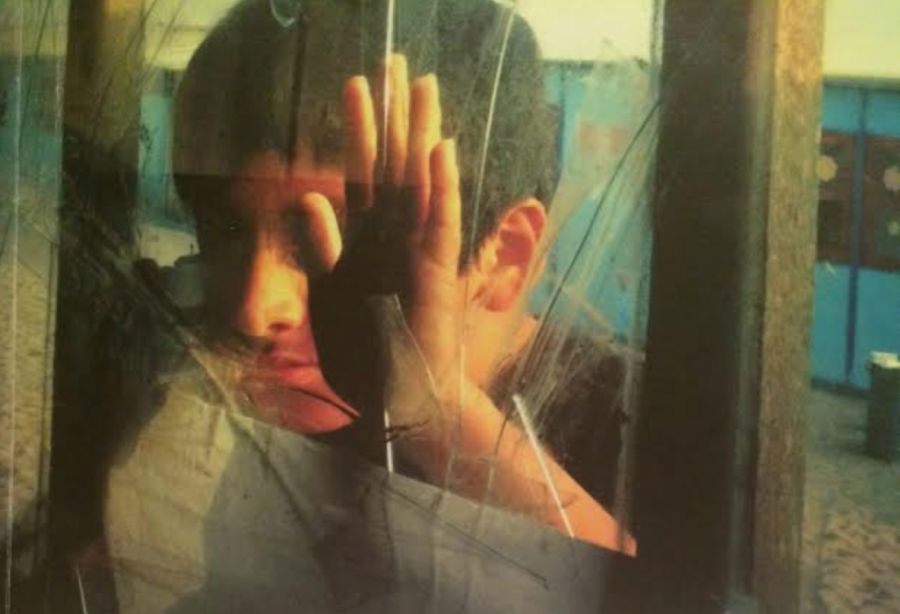Most disciplines have professional associations to offer scholars and practitioners the opportunity to share new research and stay informed of the new developments in the field. Professional associations are also important for scholars and practitioners as a way to network and develop short and long-term collaborations with other colleagues in colleges near and far.
The organization that has historically helped accomplish these tasks or those doing research and teaching about Latin America—a geographic area that includes, Central and South America, and (some may say reluctantly) U.S. Latino communities—is the Latin American Studies Association (LASA).
LASA held its annual congress on the beautiful island of Puerto Rico, and to our knowledge we had the highest number of ISU faculty present and active at the annual meeting held in San Juan, Puerto Rico from May 27-May 30, 2015.
Professor Maura Toro-Morn, director of ISU’s Latin American and Latino Studies Program pointed out that “LASA meetings are the most anticipated professional meetings for me, because I get the opportunity to meet new people, listen to the latest research in various areas of interest to me, and most importantly, reconnect with scholars whose work I have read, followed, or used in the classroom.” Although she did not present a paper, Toro-Morn added she did enjoy attending sessions, and seeing a performance by critically acclaimed, Puerto Rican writer, Mayra Santos Febres.
At least six Illinois State faculty affiliated with the Latin American and Latino Studies program attended the LASA meetings held in Puerto Rico. “I was so pleased to see so many ISU colleagues attending this meeting,” said Toro-Morn.
While at LASA this year, Professor Livia Stone organized and chaired a panel called “Mexico D.F.: Generating Cultural and Political Change,” which had participation from scholars of history, literature, and anthropology from Washington University in St. Louis, University of California Berkeley, and SUNY Geneseo. As part of the presentation, Stone shared recent research from her paper “Mexico City and New Transnational Anarchisms.”
Professor of History Patrice Olsen goes to LASA most years to present new work. Since LASA is interdisciplinary, Olsen receives valuable feedback, ideas, concepts, approaches, and lots of inspiration. This year, she presented her paper “To Tango with the Vultures: Piketty, Debt, Social Justice and Sovereignty in Contemporary Argentina” to a panel organized by Professor of Politics and Government Carlos Parodi, another Illinois State faculty member who attended. Olsen was also able to meet with editors in regards to two book projects, one of which is a collection of essays from the aforementioned panel.
Parodi also organized the panel, “Piketty in Latin America,” and presented a paper about the impact of Piketty in Peru as part of the panel. Parodi was pleased with the attendance, valuable comments, and outcome (the book project) of the panel. “I go to LASA because it keeps me intellectually engaged with the Latin American scholarly community,” he said.
Associate Professor of Sociology Michael Dougherty attends LASA to connect with people who share specific interests. He noted he finds LASA to be the best sociology meeting to fulfill that purpose. This year, Dougherty was a discussant for a session and presented a paper in a session. These sessions were two of three consecutive sessions, organized by Ricardo Grinspun of York University, on extractive industries in Latin America. The sessions were well received, attended by many well-known scholars. Dougherty was able to make many contacts, share meals, and continue working with other participants after LASA ended.
LASA has shown to be quite fruitful for participants and the ISU faculty who attended can attest to that. They encourage others to explore LASA and attend next year’s conference.


